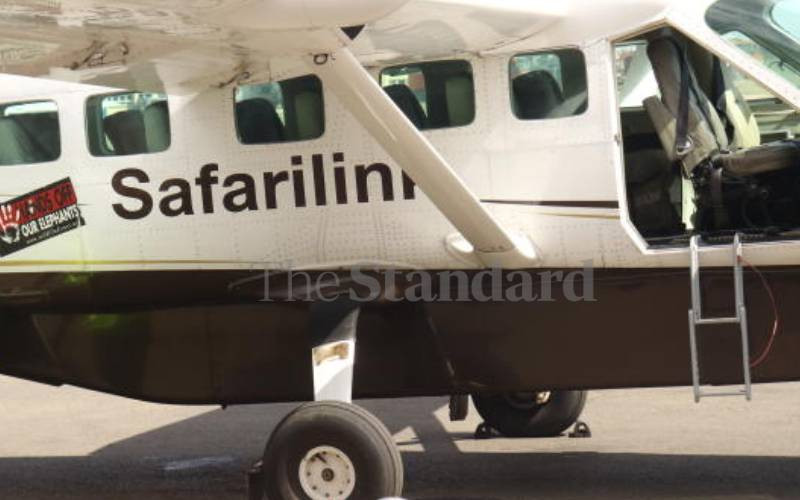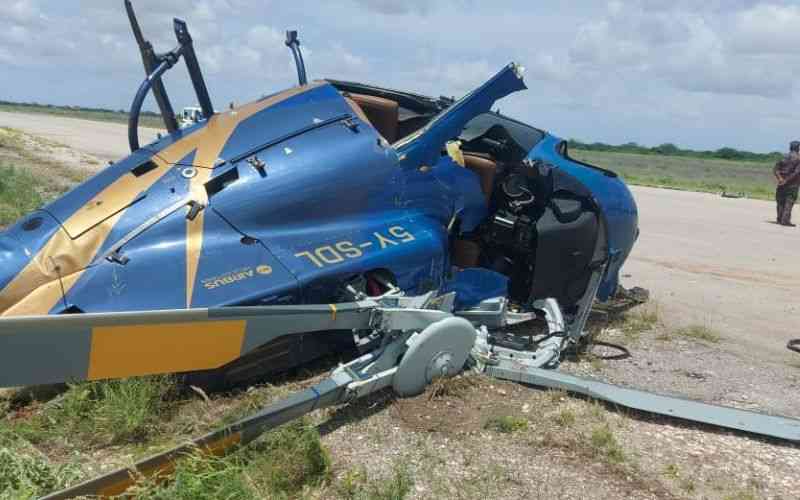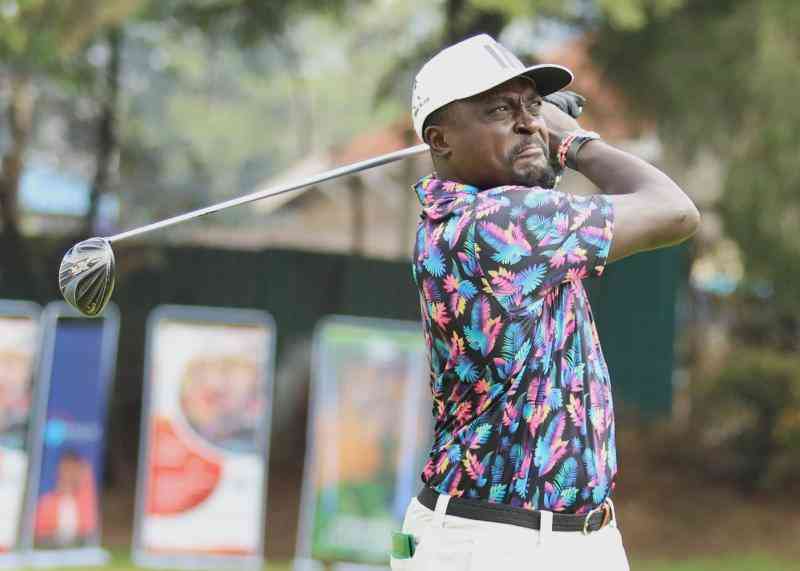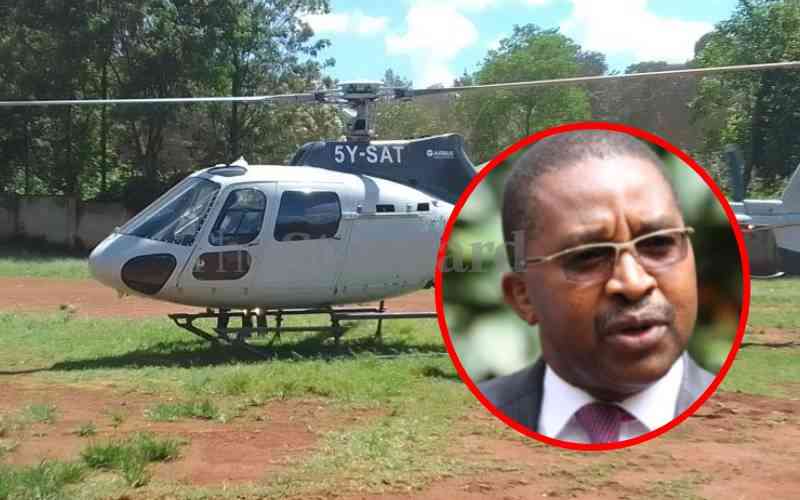The pilots flying the Germanwings Airbus jet were involved in a violent struggle before the crash which killed 150 people, new reports suggest.
Four specialists from Interpol have joined senior French detectives trying to work out why one of the pilots on the plane locked himself into the cockpit on Tuesday morning.
There were two airmen on board and they are said to have been fighting to open and close the cockpit door.
A chair is at one stage used to block the door, as the pilots shouted at each other in German, before the one outside ‘tried to smash the door down’.
The captain of the Airbus A320 had 6000 flying hours, while his co-pilot had just 600 and had only joined Germanwings, the Lufthansa affiliate, in 2013. It is not known which one was locked in the cockpit.
The revelations open up the possibility of a rogue pilot deliberately flying the plane into the French Alps and so murdering everyone on board.
Such possibilities – including a terrorist theory – are being considered by Brice Robin, the Marseille Prosecutor, who has opened a criminal enquiry.
Cockpit recordings recovered from the crash site indicated one of the seats was pushed back and the door opened and closed, followed by the sound of knocking on the flight, which had been on its way from Barcelona in Spain to Dusseldorf in Germany.
‘There was no more conversation from that point until the crash,’ said a military source linked to a parallel technical enquiry by BEA, the French crash investigators, who are currently
The source said an alarm indicating the proximity of the ground could be heard before the impact.
The source said there was a ‘very smooth, very cool’ conversation in German between the two pilots during the early part of flight 4U9525, but this rapidly deteriorated.
The Airbus A320 suddenly began a fatal eight-minute descent shortly after reaching cruising altitude.
No distress signal was sent and the crew failed to respond to desperate attempts at contact from ground control.
Interpol, the international criminal police organisation, today confirmed that it has sent a team of experts to assist with the enquiry at the request of the French enquiries.
Four Interpol officers will initially be based with a crisis cell being coordinated from Paris.
Stay informed. Subscribe to our newsletter
Jurgen Stock, head of Interpol, said: ‘Interpol is committed to providing all the support required by countries hit by this tragic accident’
At least three Britons, 51 Spaniards and 72 Germans – including two babies and 16 school children - died in the so far unexplained crash of the Airbus.
BEA spokesman Remi Jouty confirmed voices were audible on the damaged black box voice recorder.
‘We succeeded in getting an audio file which has usable sounds and voices. We haven’t fully understood it all yet,’ said Mr Jouty.
Questions have also been asked as to why the pilot did not change course to avoid smashing into a rocky Alpine ravine at 430mph.
A second black box is still being looked for in the Alps, along with any other evidence which may help to explain what happened. Parts of its outer casing has been found, but vital data cards are missing.
The crash happened around 11am in calm weather, with information from plane-tracking websites ruling out an explosion or a mid-air stall, both of which would cause a much faster descent.
Experts said planes such as the Airbus would be able to glide for some distance in the case of total engine failure.
The so-called ‘black boxes’ are designed to survive collisions and fire, and can provide investigators with a complete timeline of a flight.
The voice recorder takes audio feeds from four microphones within the cockpit and records all conversations between the pilots, as well as any other noises in the cockpit.
The flight data recorder meanwhile captures 25 hours’ worth of information on the position and condition of major parts of the plane.
French aviation authorities said the plane did not issue a Mayday call and had lost radio contact with air traffic controllers at 10.53am.
Some Lufthansa crews are refusing to fly ‘for personal reasons’ which has led to a number of flights being cancelled today, the airline admitted.
Aviation experts have backed suggestions the Germanwings plane crash could have been the result of a tragic pilot murder-suicide.
Aviation expert Ewan Wilson says the evidence so far points to a "very unique event".
He confirmed that the cockpit can be accessed with an emergency code if the pilot is incapacited.
But if the pilot inside was conscious, it is possible to repeatedly 'block' access.
He said: "If the pilot was conscious in the cockpit, he could keep overriding the emergency code.
"If the pilot inside was incapacitated, the door should open.
"If someone wants to, they can block it. It's a purposeful design feature - for example, if they think the person trying to get in is under duress."
"The Germanwings plane made a really deep, but controlled, descent and communicated with nobody.
"What would cause a pilot to put an aircraft in a nosedive?
"I think we can rule out depressurisation or a fire because there was no declaration of an emergency.
"If we can believe the reports that there was a pilot trying to get back in but was unsuccessful, then we really do have a nefarious event on our hands."
An Australian pilot told the Sydney Morning Herald confirmed a pilot could stop his colleague accessing the cockpit if he reacts quickly enough.
"If the person on the other side of the door says 'no', you can't get in," the Australian pilot said
Mr Wilson said if the pilot did 'block' emergency access to the cockpit, then this will be confirmed by the black box data recorder.
"The cockpit voice recorder is very sensitive," he said.
"It not only picks up conversation between the pilots and other aircraft but sounds within the cockpit.
"You would be able to hear a pilot getting up and leaving and then knocking on the door.
"The flight data recorder would record anyone entering the emergency code to enter the cockpit and if it was denied.
"I'm reluctant to say this is a sinister scenario so early on. But my initial feeling when I heard about the crash was 'that doesn't seem right'.
"Airplanes in the European Union operate at such a high level of safety."
Lufthansa has not identified the pilots or given details of ages and nationality, but it said the co-pilot joined Greenwings in September 2013, directly after training, and had flown 630 hours.
The captain had more than 6,000 hours of flying time and had been a Germanwings pilot since May last year, having previously flown for Lufthansa and Condor, Lufthansa said.
Asked to comment on the investigation, French Finance Minister Michel Sapin told iTELE on Thursday: "The best thing for now is not to rule out any hypothesis."
 The Standard Group Plc is a
multi-media organization with investments in media platforms spanning newspaper
print operations, television, radio broadcasting, digital and online services. The
Standard Group is recognized as a leading multi-media house in Kenya with a key
influence in matters of national and international interest.
The Standard Group Plc is a
multi-media organization with investments in media platforms spanning newspaper
print operations, television, radio broadcasting, digital and online services. The
Standard Group is recognized as a leading multi-media house in Kenya with a key
influence in matters of national and international interest.
 The Standard Group Plc is a
multi-media organization with investments in media platforms spanning newspaper
print operations, television, radio broadcasting, digital and online services. The
Standard Group is recognized as a leading multi-media house in Kenya with a key
influence in matters of national and international interest.
The Standard Group Plc is a
multi-media organization with investments in media platforms spanning newspaper
print operations, television, radio broadcasting, digital and online services. The
Standard Group is recognized as a leading multi-media house in Kenya with a key
influence in matters of national and international interest.








